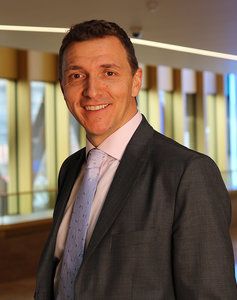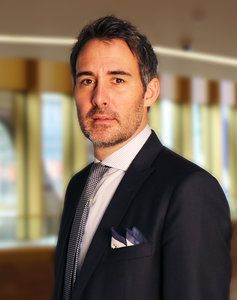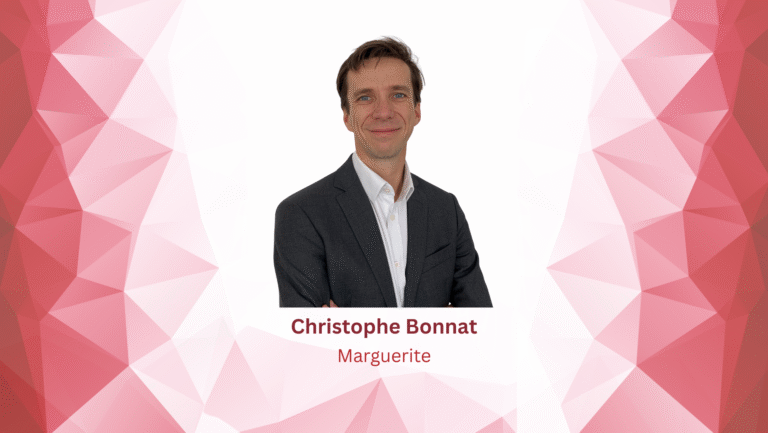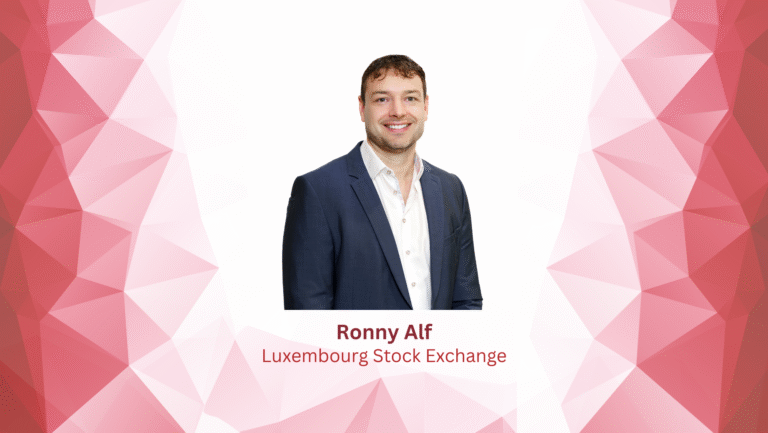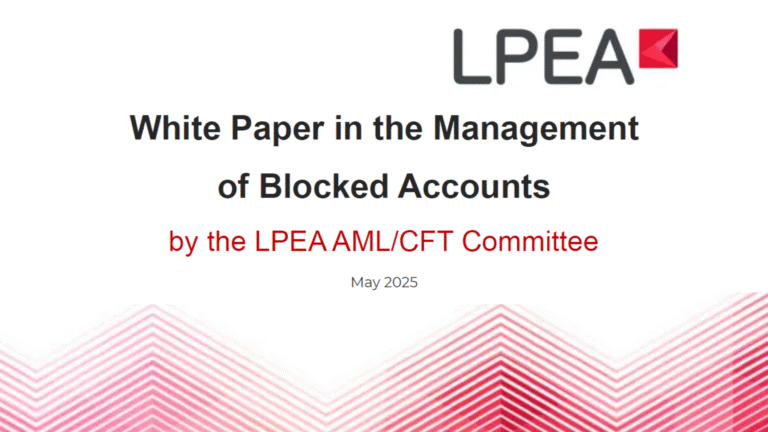Private equity substance in Luxembourg
Interview of Christophe Diricks and David Capocci, partners in Alternative Investment at KPMG Luxembourg
#Survey #AlternativeInvestmentFunds #Luxembourg #KPMG
In the context of changes in Luxembourg tax regulation and regulatory pressure at the international level, KPMG Luxembourg has run a survey on Luxembourg’s alternative funds sector and how these funds approach—and will approach in the future—substance.
We met with Christophe Diricks and David Capocci to find out more.
David Capocci
Partner – Head of Alternative Investments
KPMG in Luxembourg
Christophe Diricks
Partner, Alternative Investments
KPMG in Luxembourg
What drove you to carry out this survey?
Christophe Diricks (CD): Talking with clients, we saw that they were interested in technical expertise but also in having a benchmark in terms of substance. Thus, we designed a survey that functioned as a snapshot of how organisations in Luxembourg are currently organised. We surveyed 40 alternative investment funds (AIFs) with offices in Luxembourg, focusing on the organisation of their office here, the functions exercised in it, and forthcoming developments.
What does substance really mean for alternative investments?
CD: Many people suppose that substance is a widely known tax concept and that there isn’t much to discuss. However, in reality, it’s the opposite: substance is an ever-evolving concept, affected by tax laws, jurisprudence, and doctrine. Recently it has changed again following the principal purpose test (PPT) introduced by the OECD in Action 6 of their anti-base erosion and profit shifting (BEPS) plan.
The Alternative Investment Fund Manager Directive (AIFMD) also has substance-related requirements, like having an experienced management team in the country to review/approve/monitor investments. In other words, strategic decision-making must be performed in Luxembourg, with the sufficient substance, people, and systems to effectively manage overall operations.
The changes made by the OECD mark a convergence between BEPS Action Plan 6 and the AIFMD, though having an AIFM is not a prerequisite to get treaty benefits (whereas compliance with the PPT is).
Could you elaborate on the principal purpose test?
CD: The PPT is an anti-treaty-abuse clause that allows contracting states to deny the application of treaty provisions in certain cases—specifically, when transactions or arrangements (such as the setting up of an SPV in Luxembourg) are done to obtain the benefits of these provisions in inappropriate circumstances.
Private equity and real estate funds, as well as hedge/debt funds, should worry about the potential consequences of a broad interpretation of the PPT concept, which may disqualify them (and their SPVs) for double tax treaty benefits.
Presently we have little guidance on how to determine when a particular tax consideration may be considered “principal purpose,” particularly when there are multiple purposes. In early 2017 the OECD published three draft examples intended to clarify the PPT for AIFs, which acknowledge that the application of a tax treaty provision cannot be denied even if it was one of the reasons taken into account in structuring the relevant investment.
To secure treaty benefits, we generally recommend setting up a regional holding platform for private equity, real estate, and other AIFs that require additional features such as a local management team with the competence to review/approve/monitor investments, carry on treasury functions, maintain books and records, and ensure compliance with regulatory requirements in the states where it invests.
Why the access to double tax treaties benefit (through intermediary SPVs) is so crucial for AIFs?
David Capocci (DC): Broadly speaking, AIFs are nothing else than arrangements between multiple investors aiming to diversify their risks and benefiting from an increased scale of investment and from the expertise of an asset manager.
However, this risk-spreading and economy of scale will remain inefficient if we cannot put, tax-wise, the investor in a situation equal to one of direct investing. In that sense, AIFs cannot afford not to have double tax treaty benefits—not having them would lead to tax leakages on distribution from the portfolio to the final investor.
What are the primary insights your survey turned up?
DC: Alternative funds in Luxembourg are staffed mostly by accountants and by legal and tax experts. Forty-three percent of the AIFs plan to hire new staff in the coming six months. One in ten are currently relocating decision-makers to Luxembourg. Based on all this, it appears clear that the functions carried out in the Luxembourg offices will change in the not-too-distant future.
We also found that a large majority of AIFs assist dealmakers in the acquisition process with regulatory and accounting insights, and a large majority have a fund vehicle domiciled in Luxembourg: half of them have at least one AIFM in Europe, and, of these, 75% are in Luxembourg.
What type of functions are outsourced?
CD: Most alternative funds outsource tax compliance and legal services. Most accounting functions are done internally, but 63% of our respondents outsource at least part of their accounting work.
Did you notice differences between private equity and real estate funds?
CD: Private equity funds are generally smaller offices, with an average of 9 employees for 83 entities. In contrast, real estate funds employ 29 people on average for 168 entities.
Real estate funds are generally bigger: they employ more people and manage more SPVs. We also noticed, however, that almost every real estate fund has an AIFM whereas only 25% of private equity funds do.
Real estate funds have a longer history in Luxembourg, which might explain why they own a larger number of assets per fund with several entities being set up per asset.
What’s the outlook for personnel in Luxembourg?
DC: A little over 70% of the AIFs we surveyed are planning to relocate part or all of their activities to Luxembourg. Their choice in country is unsurprising, given that 65% of the world’s cross-border funds are Luxembourg funds. The Grand Duchy has an efficient and experienced regulator, major service providers in this asset class, a skilled and multilingual workforce, efficient fund vehicles for EU investors, and a wide double tax treaty network to ensure tax neutrality for investors. For the very large number of private equity funds, real estate funds, and other AIFs that already have an infrastructure in Luxembourg, there is only one step left, which is to become AIFM- and BEPS-compliant.
Our intention is to run this survey on an annual basis to measure how these aspects evolve.
Finally, what is your advice to AIFs worried about their substance levels?
DC: Talk with your tax advisor, of course! But my advice is: remember that substance is not a matter of counting the bodies on your payroll. Control and oversight are becoming key and these skills require knowledge and deep understanding of the business.
The majority of our respondents reported needing help with better complying with substance requirements. In order to adequately and promptly document the oversight of the business, management teams need efficient tools that show the compliance status of their entities. Tailor-made software solutions already exist in this area.



